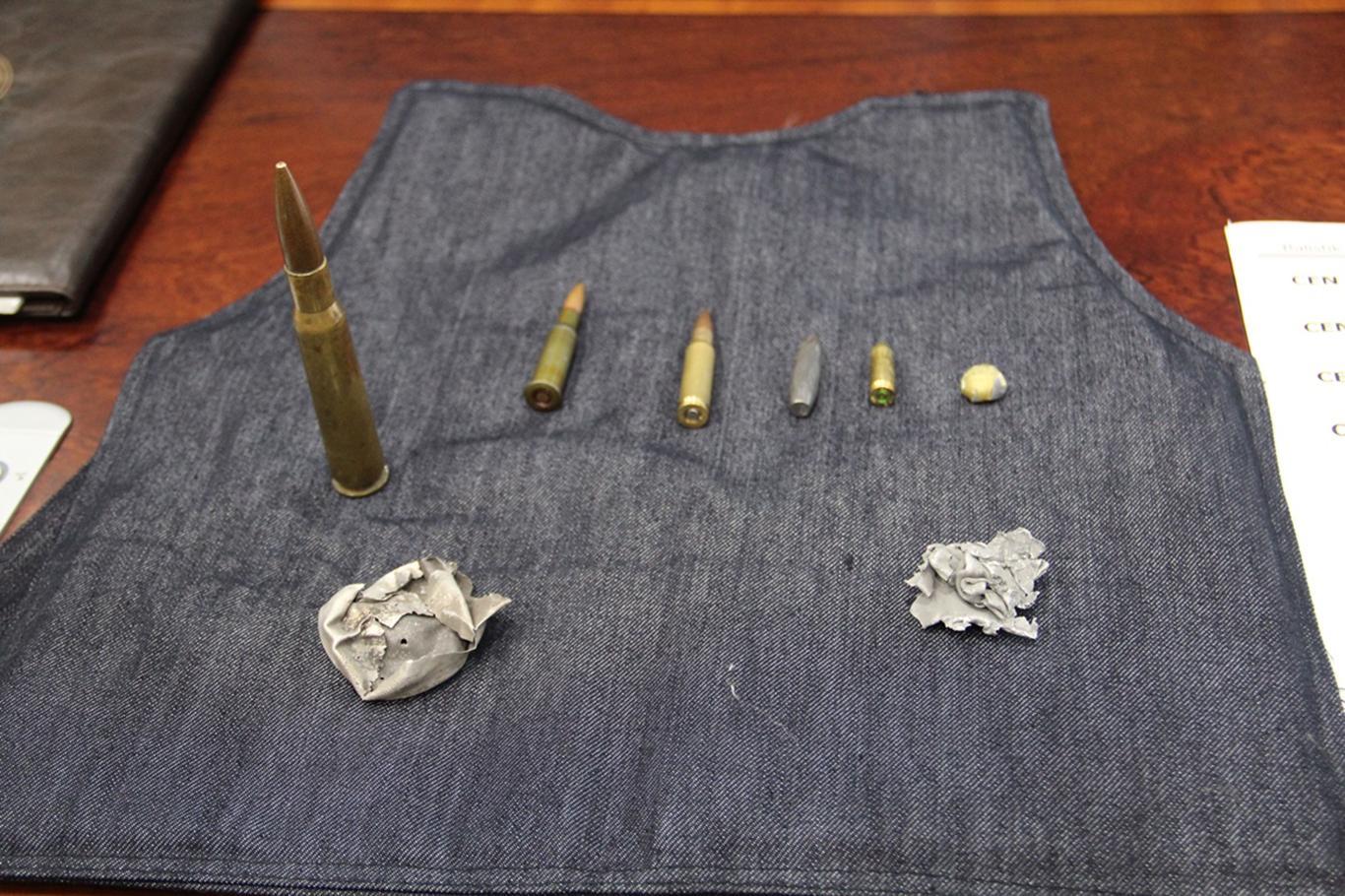Rocket and anti-aircraft resist body-armor manufactured


Rocket and anti-aircraft durable body-armor were produced at Van Yüzüncü Yıl University in Turkiye.
Scientists at Van Yüzüncü Yıl University has developed a durable steel vest against rocket and anti-aircraft that previously manufactured using nanotechnology at the Technocity site.
Scientists, who continue their work on the domestic production steel vest under Van YYU, Technocity, has produced a steel vest, which is resistant against, rockets, anti-aircraft and similar ammunition. The steel vest that succeeds in testing can be applied to many surfaces with its flexibility.
The steel vest, which was produced before, has been developed said Van YYU Rector Prof. Dr. Peyami Battal.
Battal stated that the vest could be used in tank armor and security towers and that it had successfully passed the tests. "You know, there have been doing important work in our technocity since very long ago. Especially in the security vest, we have taken important steps in the scope of steel vest. The vest developed by our university has a wide range of strength. The steel vest, protective against bullets has also been developed for security towers and tank armor." (ILKHA)
LEGAL WARNING: All rights of the published news, photos and videos are reserved by İlke Haber Ajansı Basın Yayın San. Trade A.Ş. Under no circumstances can all or part of the news, photos and videos be used without a written contract or subscription.
Speaking at the inauguration of the Esenyurt Recep Tayyip Erdoğan Educational Complex in Istanbul, President Recep Tayyip Erdoğan underscored the government’s commitment to safeguarding young minds from the dangers of digital platforms.
Japan has successfully launched its fourth Michibiki satellite, further developing its independent satellite positioning system.
Iran is preparing to launch an upgraded version of its domestically developed Kowsar satellite, named “Kowsar 1.5,” into orbit in the first half of the upcoming Persian calendar year, starting March 21, 2025.
China successfully launched a CERES-1 carrier rocket on Monday, carrying five satellites onboard, state media reported.